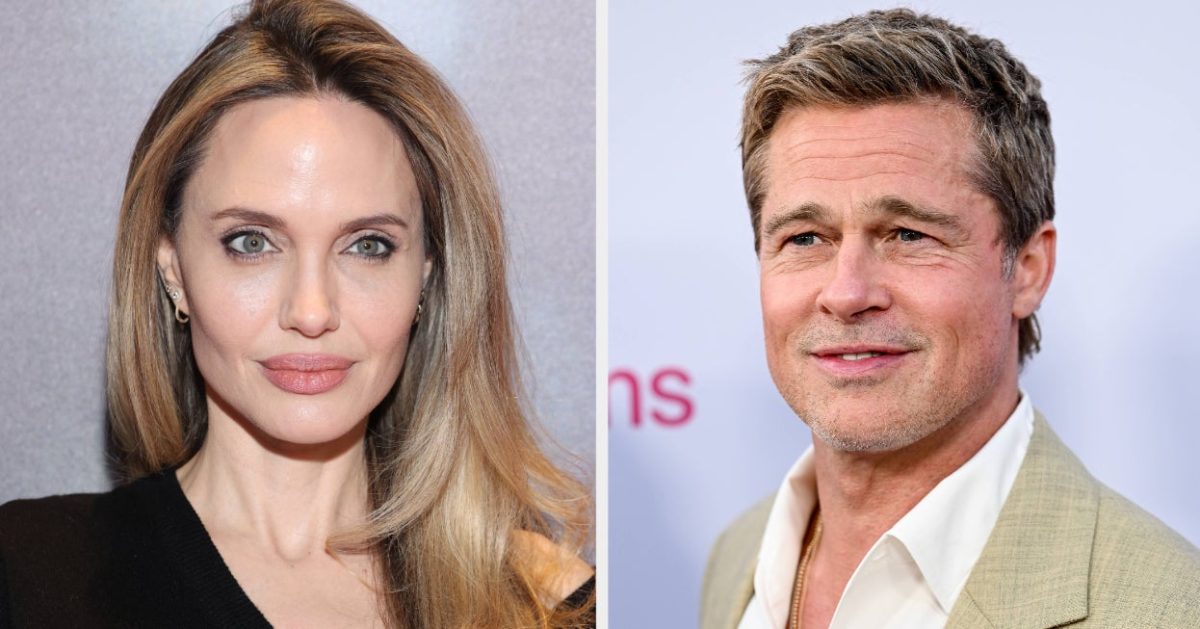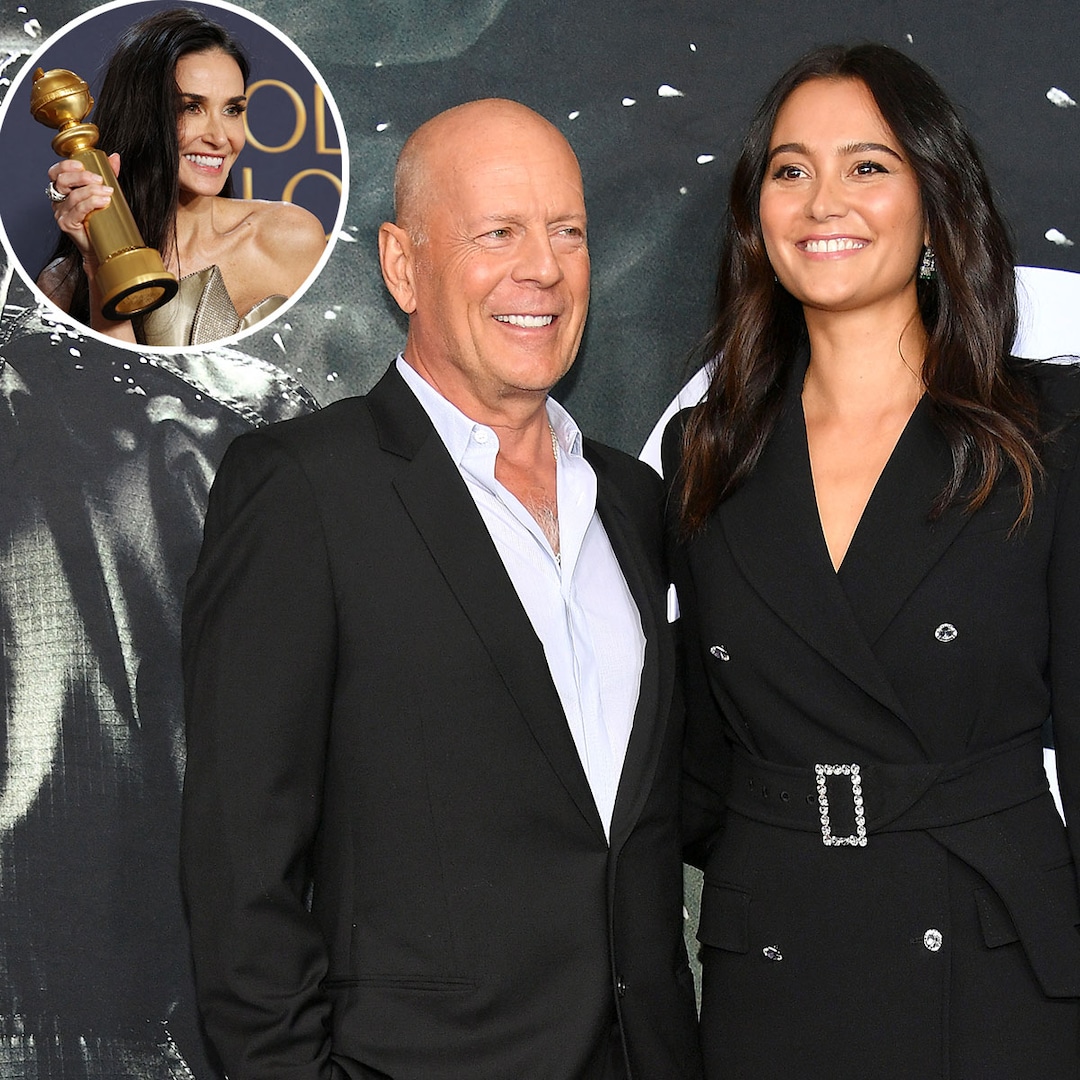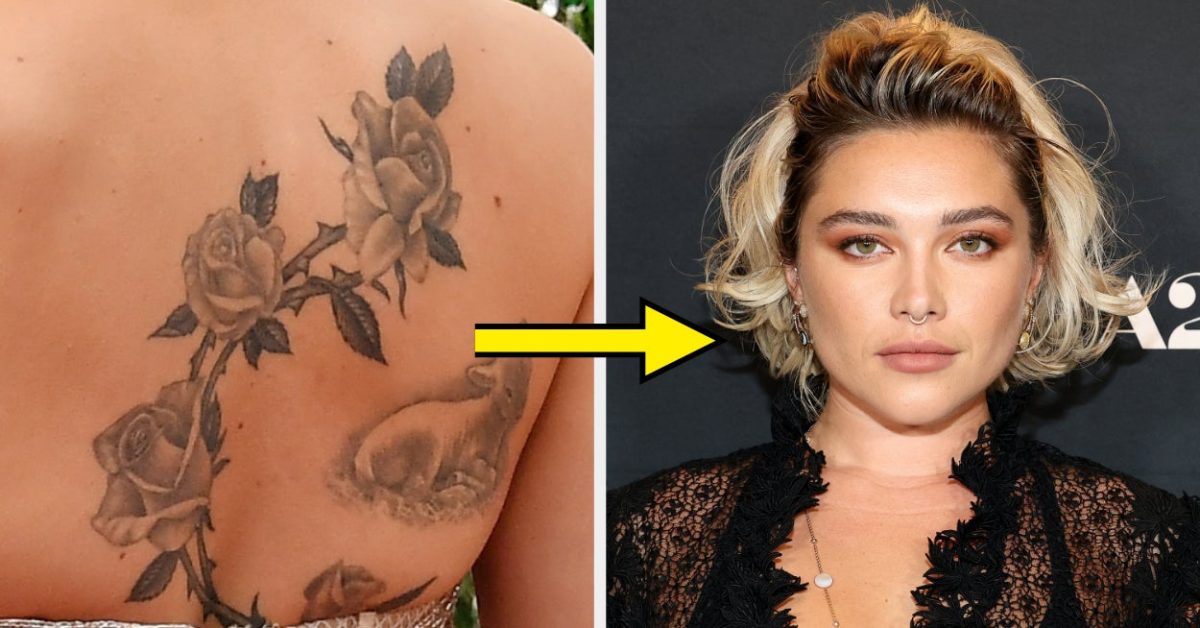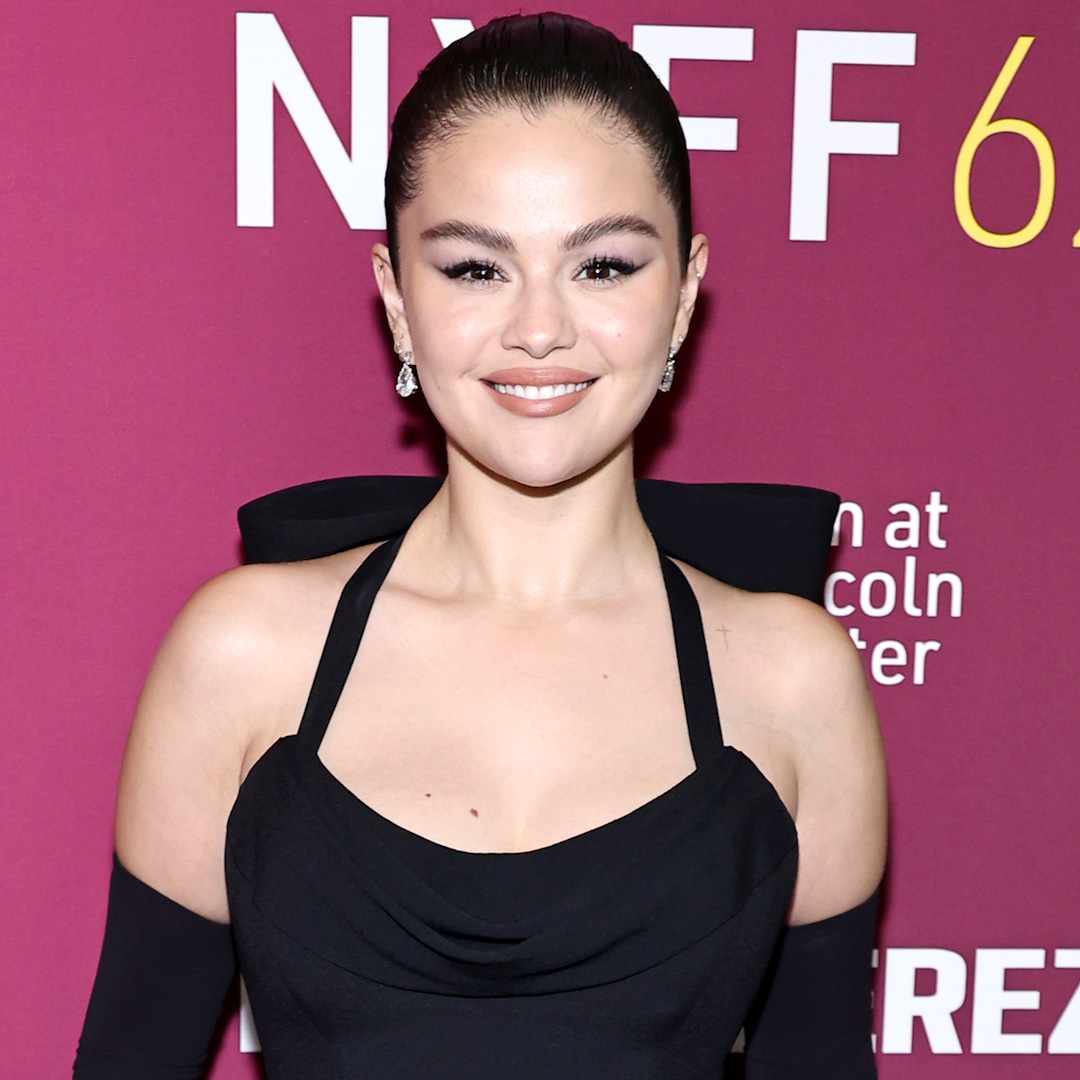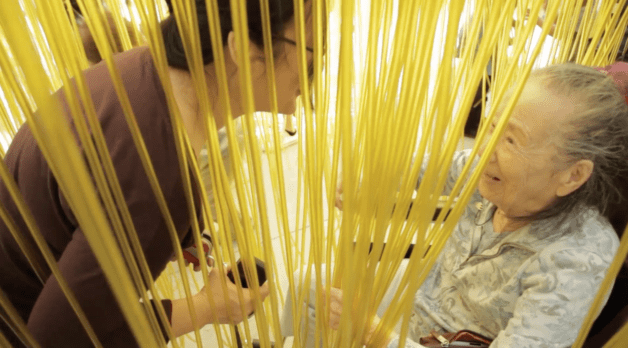
“Where Exactly Does Consent Live?” Rea Tajiri on Wisdom Gone Wild
Nov 20, 2023
Wisdom Gone Wild
Rea Tajiri’s Wisdom Gone Wild takes a hard look at a difficult subject. Tajiri’s 93-year-old mom Rose is a witness to the US’s dark concentration camp history, having been incarcerated along with the rest of her Nikkei farming family during the Second World War. Primarily through Rose’s engaging tales, alongside home video and family photos, Tajiri goes (and takes us) on a decade-plus, nonlinear cinematic journey— neatly paralleling Rose’s own thought process, as the veteran filmmaker’s mom began her dementia decline at the age of 76—or should I say, dementia “reinvention.” For far from being a tragic story about “losing” one’s mind, Wisdom Gone Wild is actually a celebration of life in all its remarkable phases, as both Tajiri and her mother have decided to embrace the new woman Rose is forever transforming herself into, an identity complete with different surname and metaphorical past, Herzog’s “ecstatic truth” in perpetual motion.
Just prior to the doc’s November 20th airing on POV, Filmmaker reached out to the multi-award-winning director (History and Memory, Strawberry Fields) and interdisciplinary artist, whose choice to put her career on hold to care for her main character seems to have paid off in spades.
Filmmaker: Had you always planned on making a feature-length doc about your mother—and specifically her WWII incarceration? And if so, how did your vision for the film change as her dementia progressed?
Tajiri: No, I had not. When my mother’s dementia came on in 1997, I was about to travel to the Venice Film Festival for my film Strawberry Fields. I was devastated because we spoke excitedly about this one day, then the next day we were to follow up and she had completely forgotten (to the point where she thought I was someone else impersonating her daughter).
By 1999, we had the formal diagnosis. In the beginning, everyone around me encouraged me to film the experience, but this idea seemed unethical and a violation of my mother’s privacy. The first few years were overwhelming, depressing and filled with grief. But I made a vow to continue to show up. I traveled sometimes once a month from NYC to Los Angeles. I leaned heavily into my Buddhist practices. I sat with the loss and contemplated what it was that I was losing. I decided that with aging comes change, and you have to let go and accept loss as a part of life.
Once I began that journey something shifted. I discovered ways of connecting with my mother that were quite profound. I started to photograph her, which she enjoyed—not in an exhibitionist way, but it was like we were photographer and model. She could become very present, in the moment and expressive. We sent these to family and friends to share the process. Later I started filming little clips with a point-and-shoot, then an iPhone to share. I ended up with a personal archive of fragments; it was not intended to be a full film back then.
Around 2014, I became very intentional. I had learned a lot by then and felt like I could share another perspective on living with dementia that others would find useful, one that was not part of the public dialogue around dementia and caregiving. I hired a DP for two days using money from a tax refund. Our first shoot was at the Los Angeles County Museum of Art, and that shoot went so well I knew this would be possible.
I felt an urgency to make this film before it became too late, but I had no funding. My mother was growing weaker. I remember asking Kirby Dick, “What should I do?” He said, “By any means possible film her and keep going, even if you make this on an iPhone.” That was inspiring, so I just kept going.
Filmmaker: I believe you actually put your career on hold to care for your mother—an experience that seems both common and yet rarely depicted onscreen (though I’m not sure why). Yet rather than put your camera down, you turned it towards your mom. So was filming her a way to continue your craft while caregiving—or were you focused on preserving personal memories? Both?
Tajiri: I worked as an industrials producer, which paid well and allowed me chunks of time off so that I could travel to Los Angeles from New York to care for her. But my personal work was on hold. When you’re stepping away from a career you’ve staked your identity on, you might feel adrift, like you’ve lost your identity. But in that liminal space I really began to see my life as not just about a career, and caring for another person took on great importance. I learned some profound lessons about surrender and acceptance, care, human connection and family. I don’t have children, but I liken it to that.
Filmmaker: Do you feel that being an experimental artist comfortable with nonlinear narratives allowed for a greater openness to your mom’s “reinvention”—or was acceptance still a hurdle you had to overcome?
Tajiri: I actually thought that I could make a conventional, observational documentary. I thought at first that verisimilitude and “realism” would be necessary for this story. I hired an editor who worked that way. But the nature of the material was too fragmentary and I didn’t like the results. I was also trying to avoid certain narrative cliches about dementia—the tragedy (“she was once this amazing person but look at her now”) or the mother-daughter redemption story. Those types of narratives are so constrained and couldn’t contain all the things I wanted to touch on.
So, I stopped and started over. I decided to frame this around “time travel,” in order to mirror my mother’s logic—which was always jumping in and out of different eras—and how that gave me insight into her life. She talked to her ancestors. She shared stories about her past that I’d never heard before. Even if they were fabulation, they were fascinating in how they intersected with key historical events and were meaningful.
And yes, her reinvention was a key part of this story and a huge inspiration to me. Somewhere she found the “creativity” to make up a new identity that, in some ways, was based on my own life story! She would tell everyone that my father never existed, that she was an independent woman, that I was not her daughter but her sister and she was a professor of art history and on and on. Well, I had become a professor of film in the years I took care of her, and she had studied art history, which she loved, when she went to get her college degree. I saw how her new identity contained seeds of her desires and dreams.
Filmmaker: I remember asking Maite Alberdi (back during our Sundance interview for The Eternal Memory) how she navigated the issue of consent when filming with a character who may not always be able to grant it. How did you go about ensuring your mom was always okay with having such intimate moments in her life revealed onscreen?
Tajiri: Yes, this was complicated. We had many many discussions, and I thought about this carefully throughout the filming and in the edit room. What I decided was: I lived this experience with my mother intimately for 16 years. If anyone could tell this story, it should be me. Caregiving is often invisible, and people living with dementia are not well represented in films. I certainly had access, but I also didn’t want to take advantage of a situation. Dementia is a complicated disease; it needs to be seen more and nuanced portrayals are necessary.
Secondly, my mother was capable of objecting to things she did not want to do. Some might argue she wasn’t capable of understanding, but I disagree. Third of all, consent is not a one-and-done thing. If I gave consent to be filmed by someone and signed a piece of paper, does that make it okay if a month later I change my mind? Does the legal contract make it okay? We need to have formal protocols in place to protect people, but we also need to be careful about each situation. (One festival rejected the film on the basis that they felt I created an exploitative representation of my mother, and that she could not have been capable of giving her consent.)
I knew my mother well enough to know what she would object to. I think my mother wanted me to succeed as a filmmaker. That meant sharing a meaningful and important story to the world told from this unique perspective. She and I constantly discussed filming and what I would be doing with the footage. On some deep level my mother trusted me; she knew my films before she developed dementia. There is one scene in which she asks me to stop filming her and I don’t. There are consequences. She gets upset and punches me. I left that in the film to show what happened when I didn’t listen to her! We don’t get to see elderly people getting angry, but she is not portrayed in a bad light. I feel that a film about caregiving and dementia by default has to look honestly at the intimacies and intricacies of the process. It’s not all fun and games, and it was necessary to acknowledge this.
Where exactly does consent live? My father was a photographer and photographed us throughout our lives. We all knew what he was doing, and sometimes we objected and hated it. In the end we saw it as a part of his way of relating to us, creating art in the moment from the life he was observing. Similarly, my mother accepted my filming her, and even became performative for the camera. Given this, I still don’t take it lightly. I personally don’t like being filmed by other people that I don’t know.
Filmmaker: What lessons did you (and your family) learn that you hope audiences likewise will take away from the film?
Tajiri: Caregiving can be a profoundly life-changing experience. Yes, there is sacrifice, but there are lessons, there are stories, and they can provide deep connection and deeper insight. It is frustrating—it will foreground whatever tensions or difficulties exist in your relationship. On the other hand, it is a lesson in setting aside one’s ego for another person.
It may not always be the right choice for some people. If you had an abusive toxic relationship, maybe this will be too painful and impossible; if you are too triggered, it may not be healthy. While it was both joyful and painful, I saw it as taking the time to acknowledge life itself. I had to deeply consider another person’s wellbeing [and] the opportunity to make someone else’s life comfortable and meaningful.
Publisher: Source link
Why Angelina Jolie Won’t Talk About Brad Pitt Divorce
Why Angelina Jolie Won't Talk About Brad Pitt Divorce For a quick reminder, Brad and Angelina started dating back in 2005 after meeting on the set of their movie Mr. & Mrs. Smith. They didn’t get married until August 2014,…
Jan 6, 2025
Bruce Willis’ Wife Emma Reacts to Demi Moore’s 2025 Golden Globes Win
Demi—who wore custom Armani Privé to the event—beat out fellow nominees Amy Adams, Cynthia Erivo, Karla Sofía Gascón, Mikey Madison and Zendaya in her category. And when accepting her award, the 62-year-old shared a powerful message on overcoming a "low point"…
Jan 6, 2025
Can You Guess The Celebrity Based On A Photo Of Their Tattoos?
Hopefully, this quiz leaves a mark on you!View Entire Post › Disclaimer: This story is auto-aggregated by a computer program and has not been created or edited by filmibee.Publisher: Source link
Jan 5, 2025
Selena Gomez’s Celebrity Crushes Were Chad Michael Murray & Jesse McCartney
Selena Gomez's heart wants what it wants. And when she was younger, the Only Murders in the Building star's heart was reserved for her two major celebrity crushes: Chad Michael Murray and Jesse McCartney. In fact, she recalled a specific…
Jan 5, 2025








